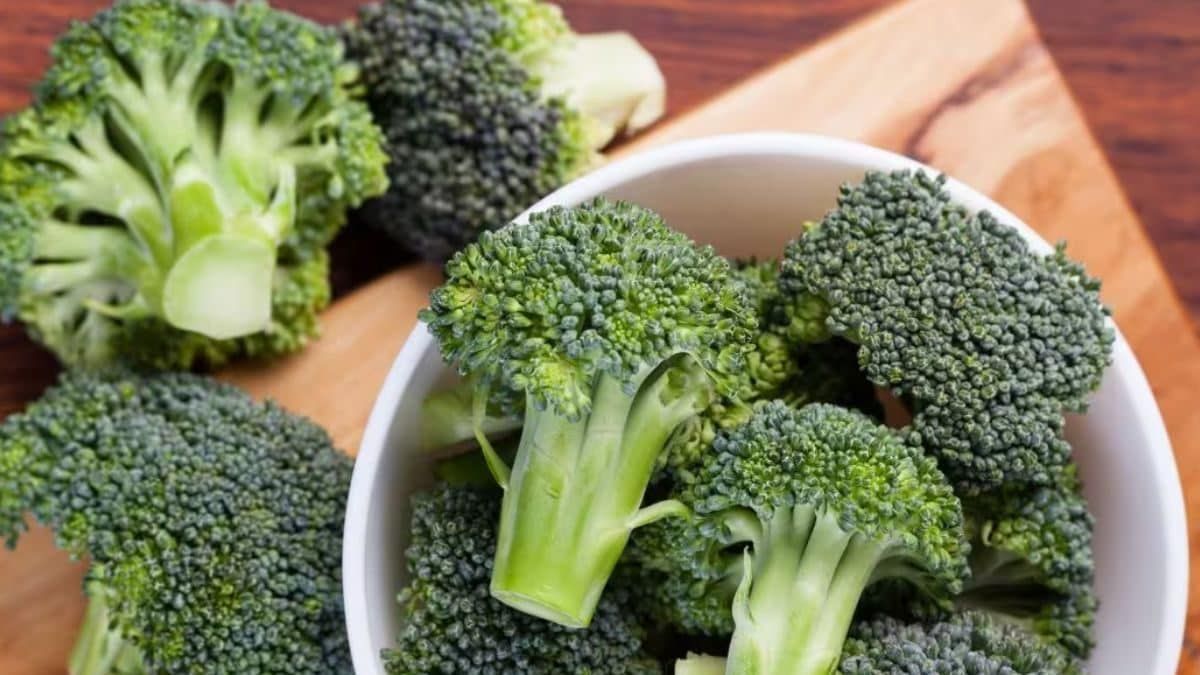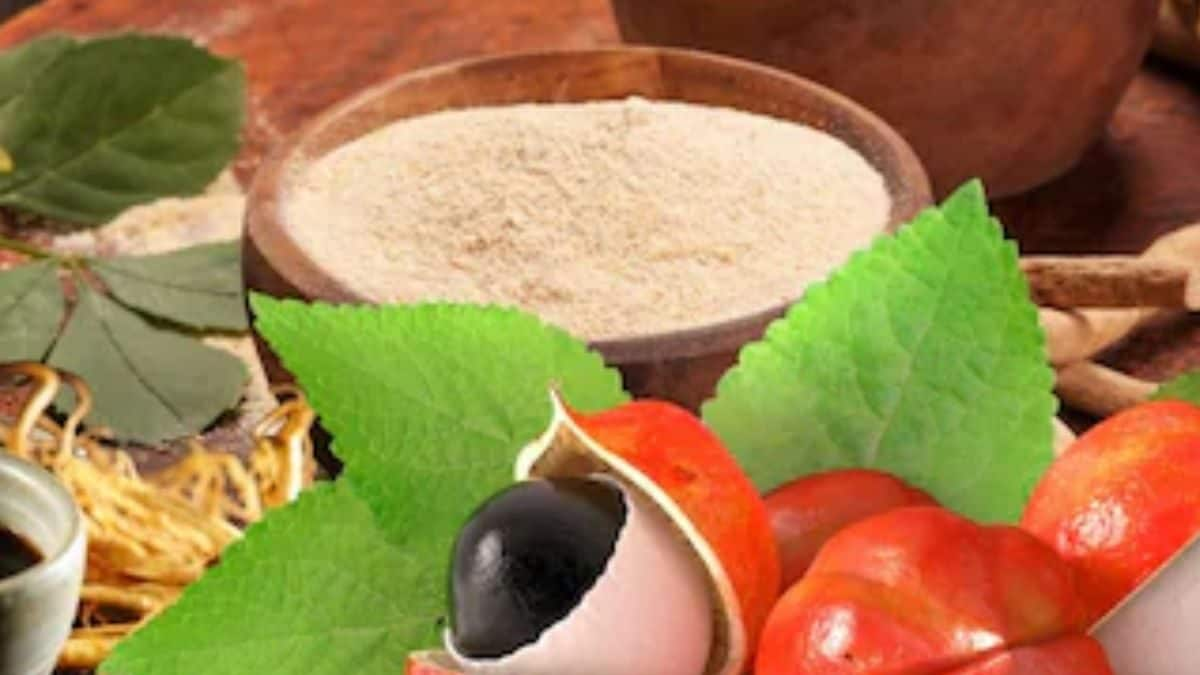Broccoli is easily absorbed into the body due to the presence of fiber.
100 grams of raw broccoli provides around 89 mg of vitamin C, while the same amount of raw oranges provides approximately 53 mg.
Broccoli is known for its numerous health benefits, including its immunity-boosting properties. Nutritionist Pooja Palriwala recently claimed on Instagram that broccoli contains twice the vitamin C compared to oranges and matches the calcium levels found in milk.
In her Instagram post, Palriwala emphasized the nutritional superiority of broccoli. She recommended incorporating this cruciferous vegetable into your diet to take advantage of its benefits for overall health and well-being.
However, according to a report by Indian Express, while Palriwala's claims contain some truth, they oversimplify comparisons between broccoli, oranges and milk. Clinical dietitian Garima Goyal explained that the comparison of vitamin C content depends on specific amounts and varieties of foods. For example, 100 grams of raw broccoli provides around 89 milligrams of vitamin C, while the same amount of raw oranges provides approximately 53 milligrams. Therefore, claiming that broccoli has twice the vitamin C content of oranges may not be valid in all formats.
Regarding the comparison of calcium content, Goyal stated that Palriwala's claim is inaccurate. Approximately 100 grams of broccoli provide 47 milligrams of calcium, while 100 milliliters of milk usually contains about 120 milligrams. Factors such as the presence of oxalates in broccoli, which form insoluble complexes with calcium, affect its absorption. Thus, although broccoli contributes to calcium intake, it cannot be considered an identical substitute for the calcium provided by milk.
Medical News Today highlights the nutritional richness of broccoli, noting that consuming one cup of broccoli can address deficiencies in several essential nutrients, including fiber, calcium, phosphorus, potassium, folate, vitamins A and B, beta-carotene, zinc, copper and selenium. Due to its high fiber content, broccoli is easily absorbed by the body, further enhancing its nutritional benefits.
In conclusion, while broccoli offers important health benefits, including large amounts of vitamin C and other essential nutrients, it is essential to consider nuanced comparisons with other foods and understand that it may not completely replace the nutrients found in oranges or milk.












